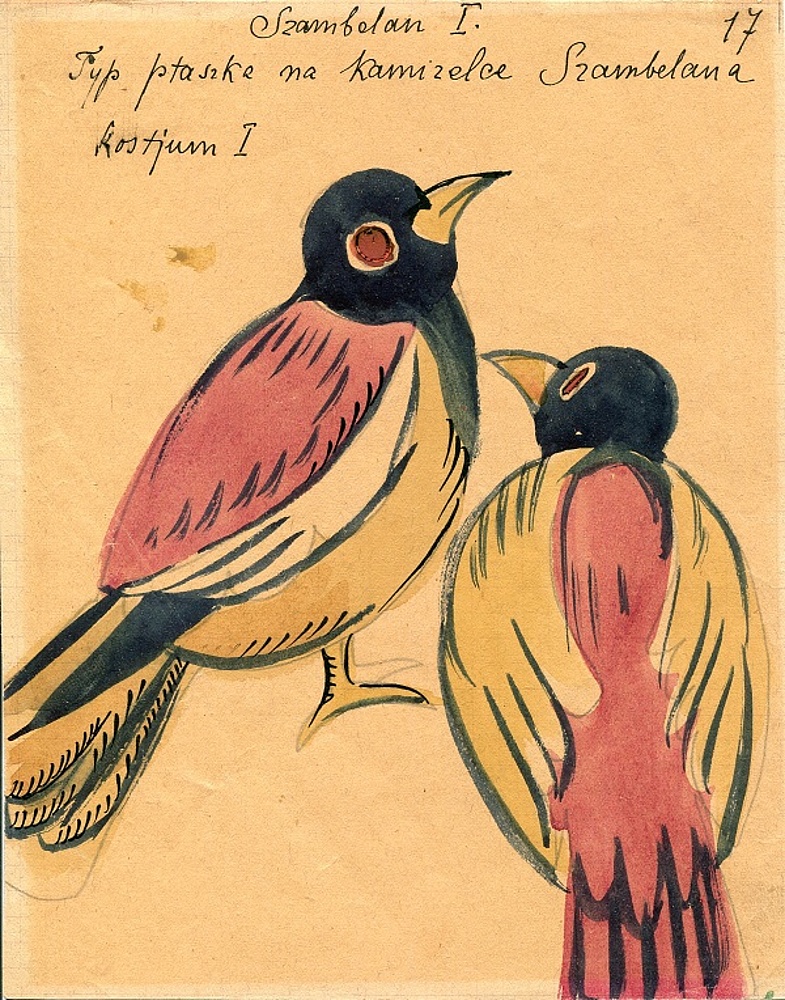 Let’s stage Fredro. (...) The greatest, if not the only Polish comedy writer. A man full of charm and optimism that was often unbearable to those around him, a pigeon-hearted gruff old man, a gloomy pessimist full of internal light and joie de vivre.
Let’s stage Fredro. (...) The greatest, if not the only Polish comedy writer. A man full of charm and optimism that was often unbearable to those around him, a pigeon-hearted gruff old man, a gloomy pessimist full of internal light and joie de vivre.
Andrzej Łapicki
Fredro in High Spirits is held by the Theatre Museum to mark the 230th anniversary of the birth of Aleksander Fredro (1793–1876), Polish comedy playwright, diarist, and Napoleonic soldier. The exhibition goes beyond commemoration: it offers a new glance at the Fredrian tradition in Polish theatre, revisits the controversies that have surrounded the artist, and enters into dialogue with his work, which is a fundamental part of Poland's theatrical heritage.
The show focuses on the six most frequently staged Fredo’s masterpieces. These are the ‘Lviv’ comedies, which premiered between 1822 and 1835 and remain staples of the theatre repertoire in Poland: Husband and Wife, Ladies and Hussars, Mr Jowialski, Maidens’ Vows, The Revenge, and The Annuity. In these great comedies written early in Fredor'Fredro's career his wit and irony find the fullest expression. Written in close collaboration with Lviv actors and friends, the six plays can be seen as a kind of cavalry charge that the author never repeated with such vigour and scale. Hence the title of the exhibition, which is also a reference to a well-known book by Jarosław Marek Rymkiewicz.
Fredro’s characters live a fully independent life, they are not emanations of the author’s feelings and attitudes, which is precisely why they are so fascinating for actors to create. The phenomenally precise portrayal of the people and situations only adds to the challenge. The exhibition presents the most important acting creations captured by outstanding photographers.
The show recalls the great actors who played Fredro characters over the years: Alojzy Żółkowski, Helena Modrzejewska, Jerzy Leszczyński, Ludwik Solski, Mieczysława Ćwiklińska, Jan Świderski, Gustaw Holoubek, Tadeusz Łomnicki, Joanna Szczepkowska, Anna Seniuk, Jan Englert, Daniel Olbrychski, Andrzej Seweryn. Among their portraits you will find a valuable artifact: the likeness of the 19th-century actor Alojzy Gonzaga Żółkowski as Geldhab in Fredro's comedy Mr Geldhab painted in 1889 on a wooden screen by Franciszek Kostrzewski.
The display also includes set and costume designs created for Fredro’s plays by such eminent stage designers as Karol Frycz, Teresa Roszkowska, Władysław Daszewski, Andrzej Stopka, Jan Polewka, and Krystyna Zachwatowicz, as well as actual costumes worn by Roman Polanski (as Papkin in Andrzej Wajda's film adaptation of The Revenge), Mieczysława Ćwiklińska, or Aleksander Zelwerowicz (as The Chamberlain in a production of Mr Jowialski staged by Zelwerowicz and Karol Frycz at the Polski Theatre in Warsaw in 1948).
The most valuable items on display are Aleksander Fredro’s private letters written between 1857 and 1860 to his comrade-in-arms, Count Józef Załuski, as well as original correspondence from Jan Nepomucen Kamiński, director of a Lviv theatre, containing remarks on the staging of Fredro’s comedies, including Maidens’ Vows.
Pictured: Bird detail designed by Karol Frycz for The Chamberlain's costume in Mr Jowialski, 1948.





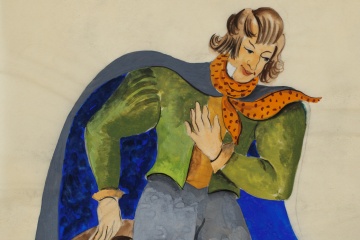
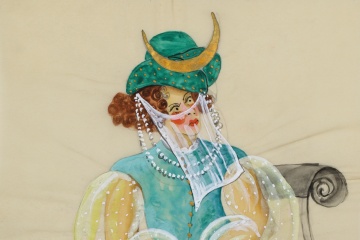
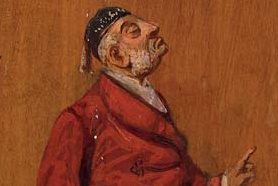
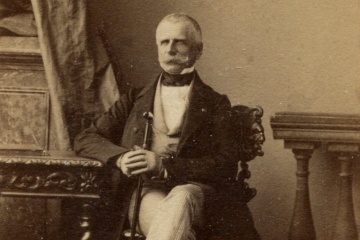
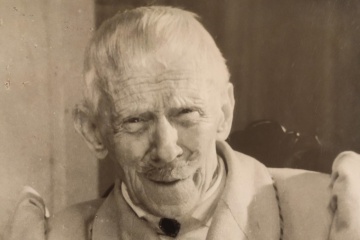
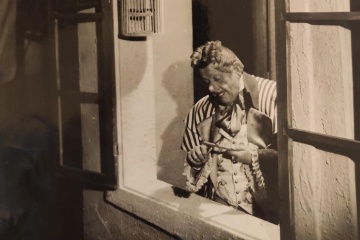
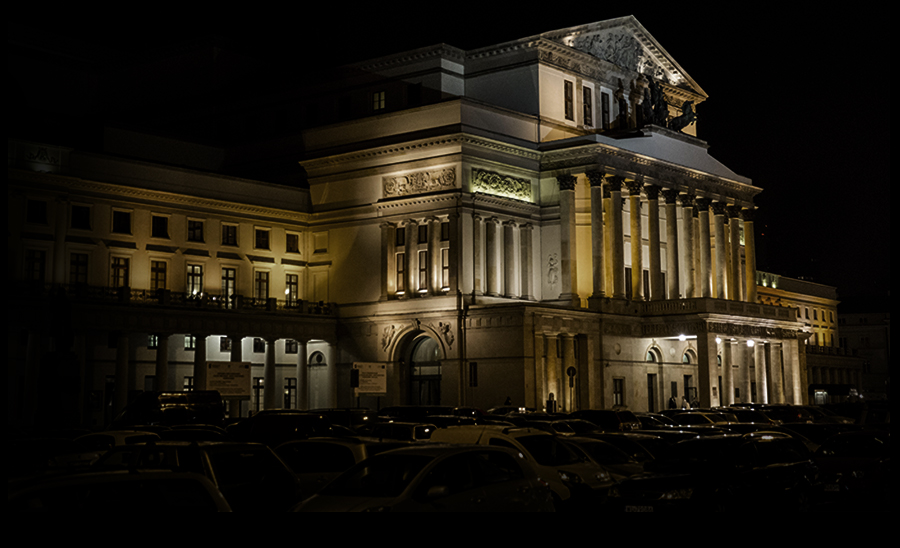 ''
''